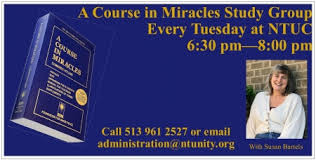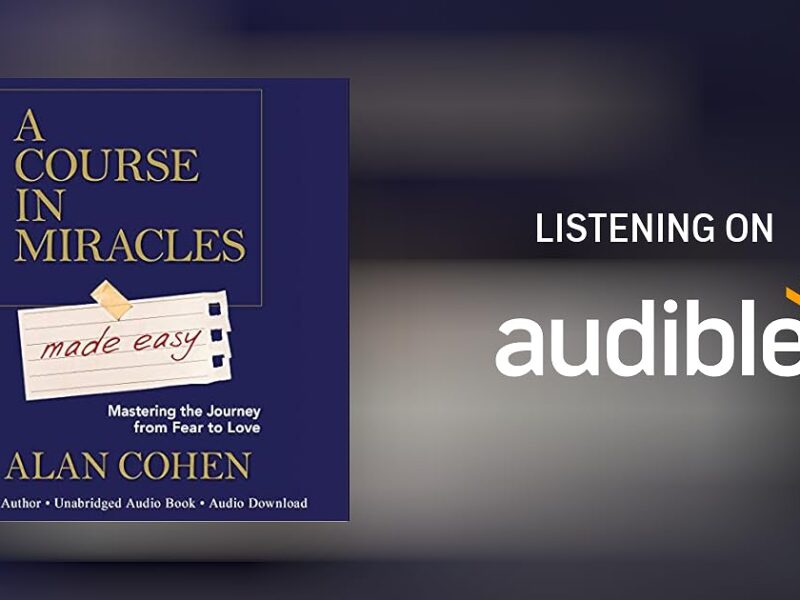Webster defines education acim as the process of educating or teaching. Educate is further defined as “to develop the knowledge, skill, or character of…” Thus, from these definitions, we might assume that the purpose of education is to develop the knowledge, skill, or character of students.
It is also defined in Oxford that education is the knowledge, abilities, and the development of character and mental powers that are resulted from intellectual, moral, and physical trainings. So, it can be said that someone who already got education will have additional knowledge, abilities and change in character and mental power.
While in Wikipedia, the free encyclopedia, it is stated that: Education encompasses teaching and learning specific skills, and also something less tangible but more profound: the imparting of knowledge, positive judgment and well-developed wisdom. Education has as one of its fundamental aspects the imparting of culture from generation to generation (see socialization).
Education means ‘to draw out’, facilitating realization of self-potential and latent talents of an individual. It is an application of pedagogy, a body of theoretical and applied research relating to teaching and learning and draws on many disciplines such as psychology, philosophy, computer science, linguistics, neuro-science, sociology and anthropology.
From the quotation above, it is assumed that education does not merely transfer knowledge or skill, but more specifically it trains people to have positive judgment and well-developed wisdom, better characters and mental powers. Through education, someone will be able to search through their natural talent and self-potential, empower them and finally will result in gaining their self-esteem and better life.
The history of education according to Dieter Lenzen, president of the Freie Universität Berlin 1994 “began either millions of years ago or at the end of 1770”. Education as a science cannot be separated from the educational traditions that existed before. Education was the natural response of early civilizations to the struggle of surviving and thriving as a culture. Adults trained the young of their society in the knowledge and skills they would need to master and eventually pass on.
The education of an individual human begins since he was born and continues throughout his life. Even, some people believe that education begins even before birth, as evidenced by some parents’ playing music or reading to the baby in the womb to hope it will influence the child’s development. For some, the struggles and triumphs of daily life provide far more instruction than does formal. Family members may have a profound educational effect – often more profound than they realize – though family teaching may function very informally.


